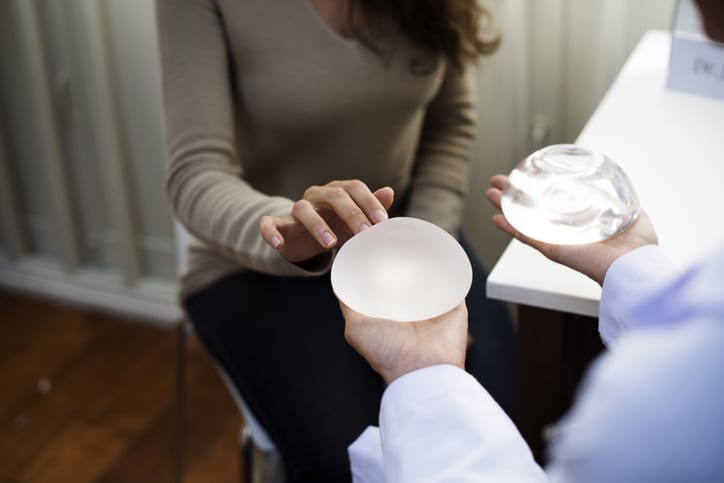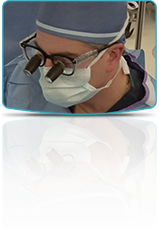What You Need to Know about the Recent Breast Implant Recall
- Sunday, 15 September 2019 05:35
- Keystone Cosmetic Surgery Center
- 0 Comments

A recall of any kind can feel somewhat disturbing. The FDA’s recent position on a certain type of textured breast implant may be a relatively small recall. It has, however, created quite a stir. If you have breast implants, this recall may have you questioning your future decisions. We understand why; the event hits a little too close to home for many women. Here, we want to discuss what is known about the recent FDA recall on BioCell textured breast implants and what your next steps might be.
But First
The details of the recall can be outlined momentarily. First, we answer the question on many women’s minds. This recall does not mean that your breast implants need to be removed. This recall doesn’t even mean that all women with recalled breast implants should have them removed. Here’s why.
Included in the FDA’s request for recall are Allergan’s Natrelle textured breast implants. Both saline and silicone devices are involved, as are the line’s highly-cohesive anatomically shaped silicone implants. Additionally, tissue expanders (Natrelle 133) with and without suture tabs are a part of the recall group. This selection of implants is used much less frequently than smooth breast implants. According to the FDA, instances of the complication that led to the recall are limited to about 10% of patients.
What is that complication? A higher risk of breast implant-associated anaplastic large cell lymphoma (BIA-ALCL). The FDA has analyzed data since 2011, when the first instances of BIA-ALCL were noted. The recall occurred as a result of clear numbers showing that 481 out of 573 cases of this rare lymphoma affected women with Natrelle textured breast implants.
What is Breast Implant-Associated Anaplastic Large Cell Lymphoma?
Breast implant-associated anaplastic large cell lymphoma, called BIA-ALCL, is a type of lymphoma that originates in the capsule that forms around textured breast implants. It is not uncommon for fluid to accumulate in the breast capsule. In cases of BIA-ALCL, the problem is that some of the lymphocytes in this fluid mutate into cancerous cells.
When contained around the breast implant, surgery to remove implants from both breasts, and also to remove the capsular tissue, is highly successful in eradicating the disease. When cancerous cells migrate to nearby lymph nodes, treatment may need to expand to include chemotherapy. The FDA has stated that 93% of treated cases have been very successful, with patients maintaining a cancer-free state for three years or more.
What Next?
It is recommended for women with breast implants to undergo routine mammograms and, for silicone implants, MRI screening every two years. Additionally, a full exam should be scheduled if symptoms such as swelling, pain, or changes in size or shape occur.
If you have questions about your breast implants, get the answers you need from a qualified professional. Contact our Pottsville or Hazleton office for assistance.









 THE OFFICE
THE OFFICE